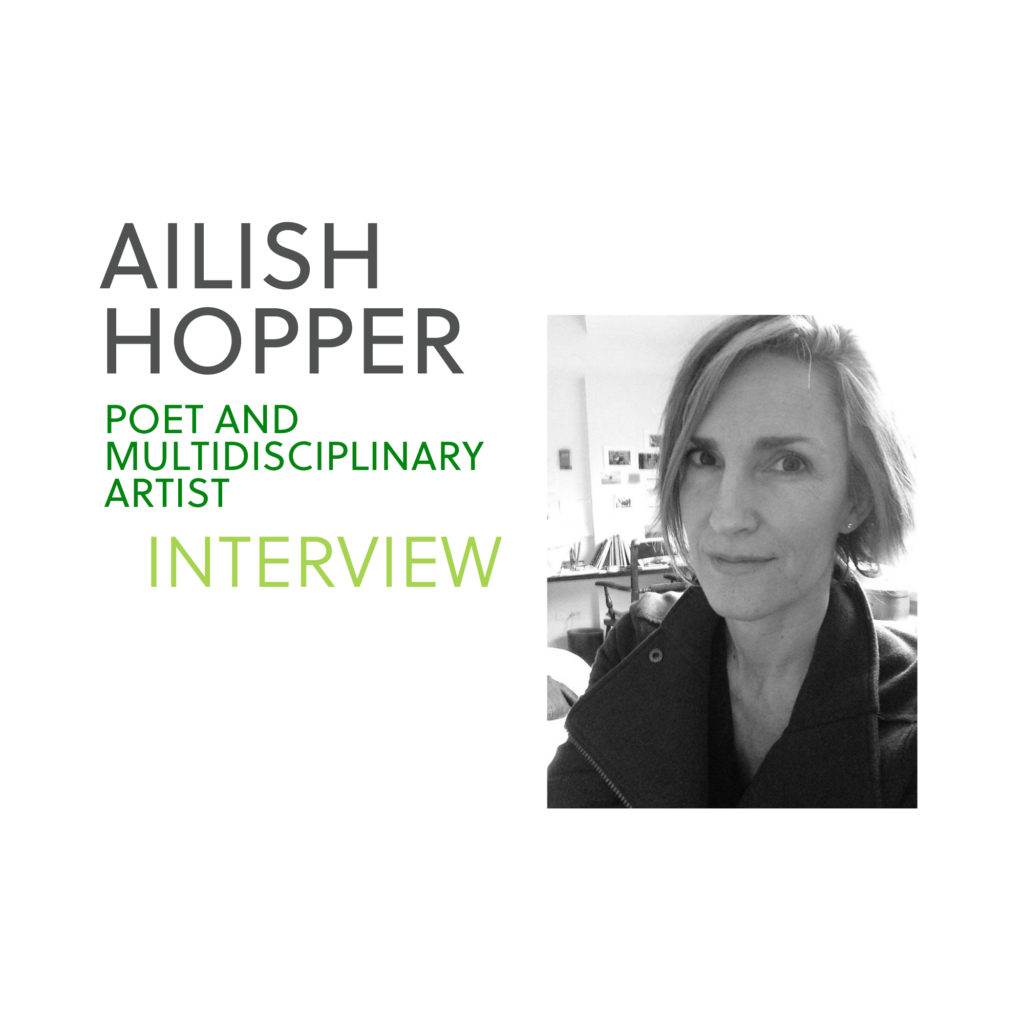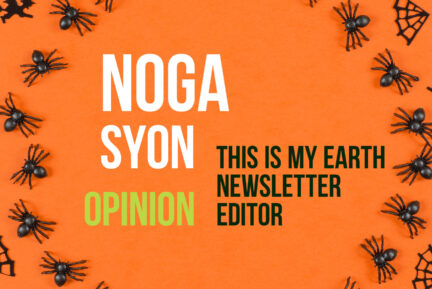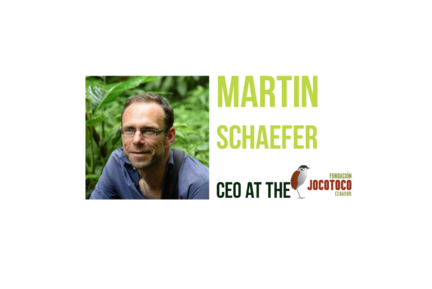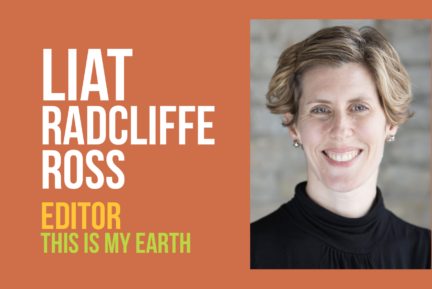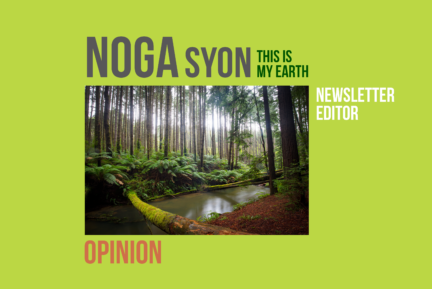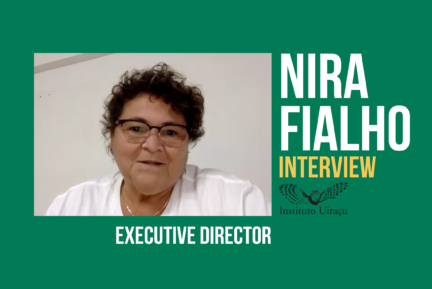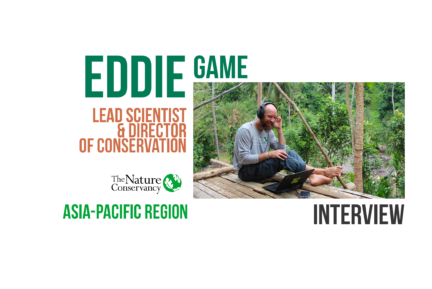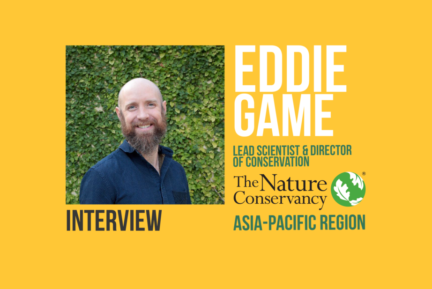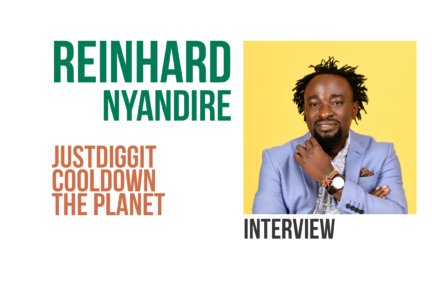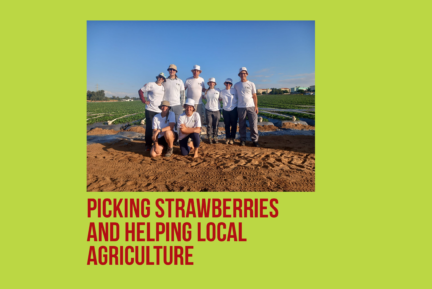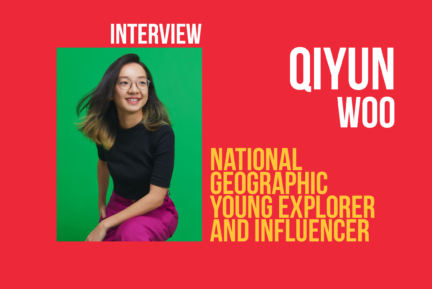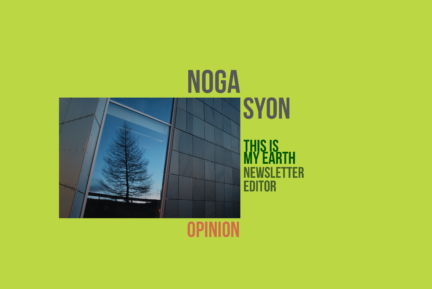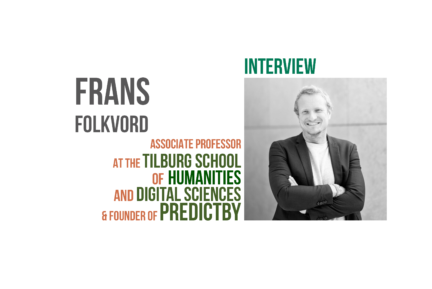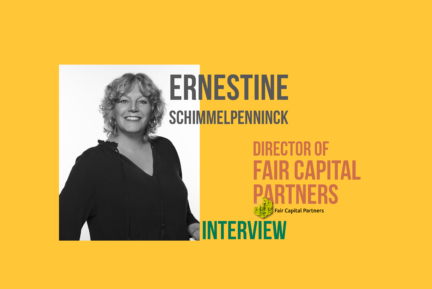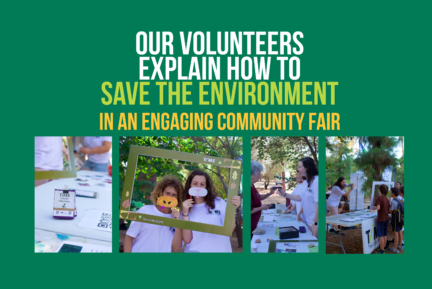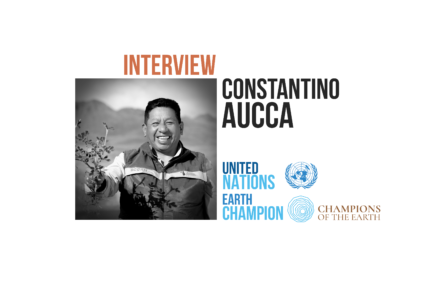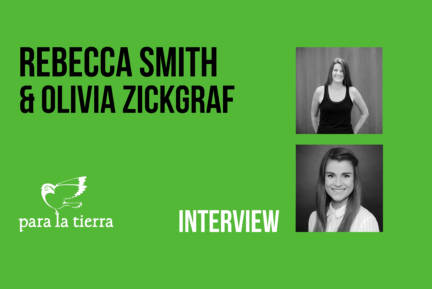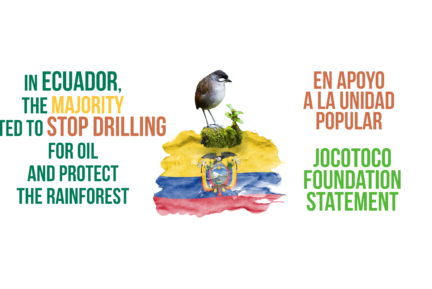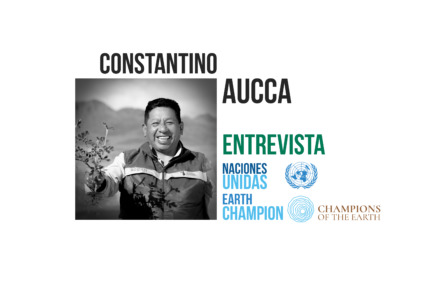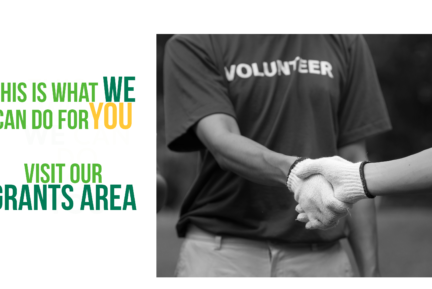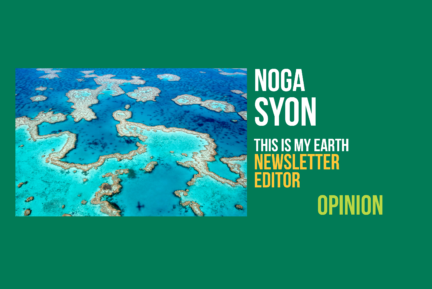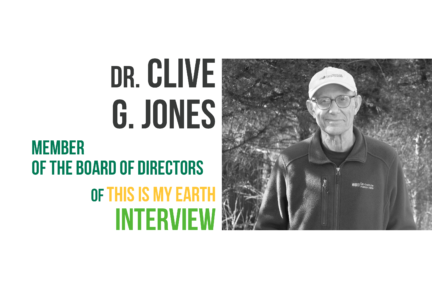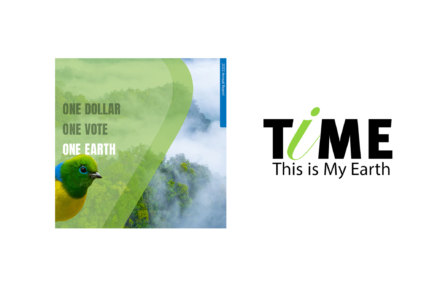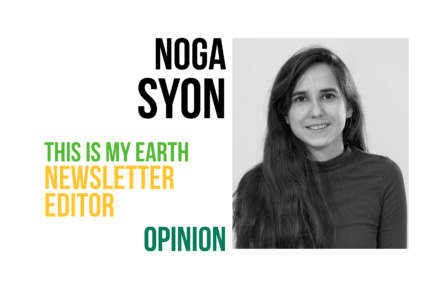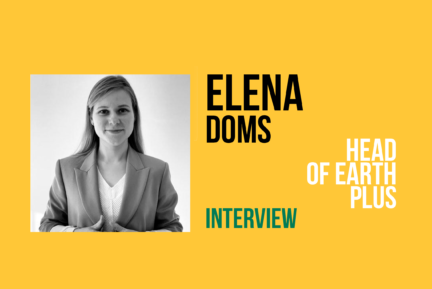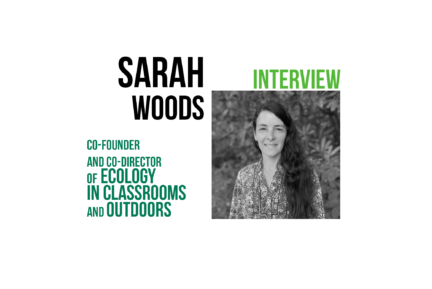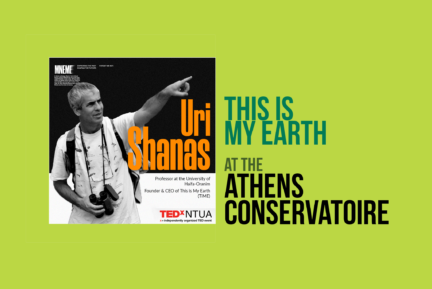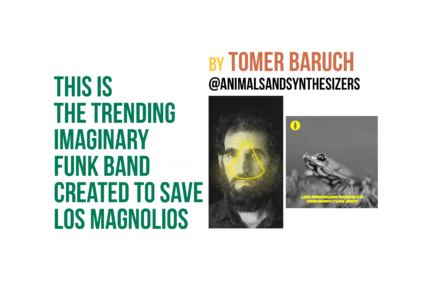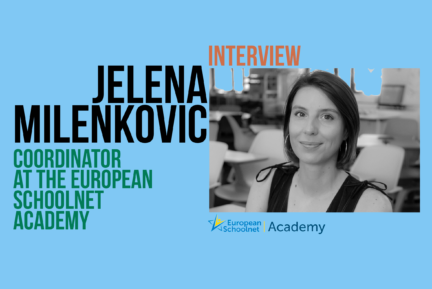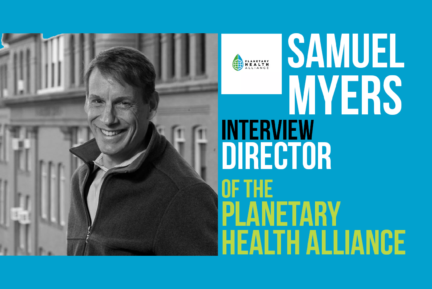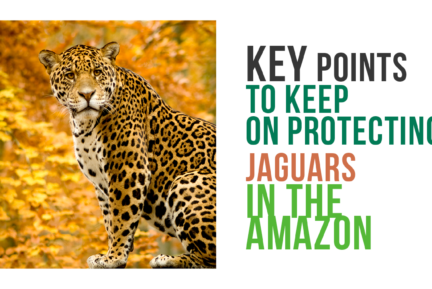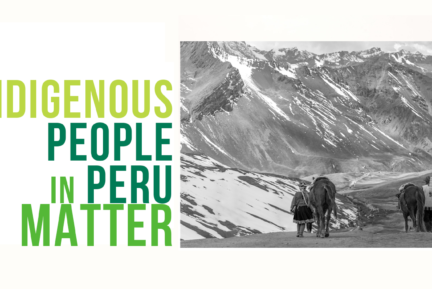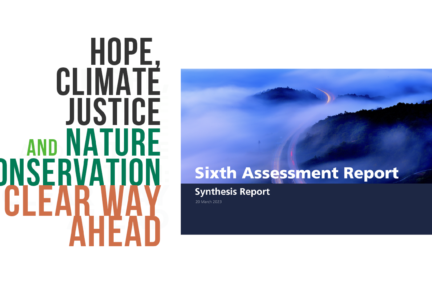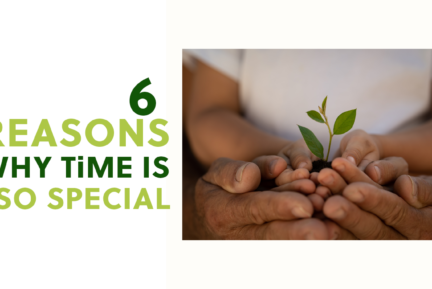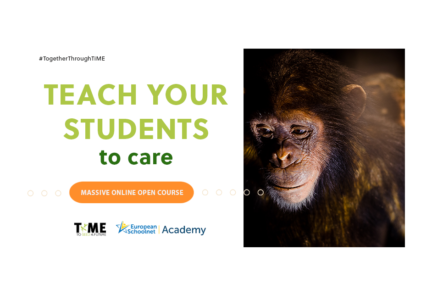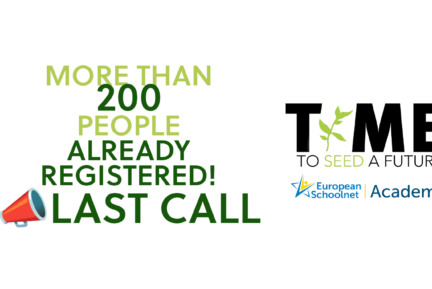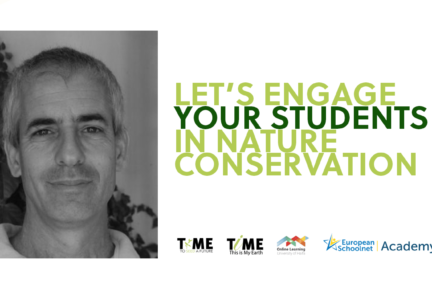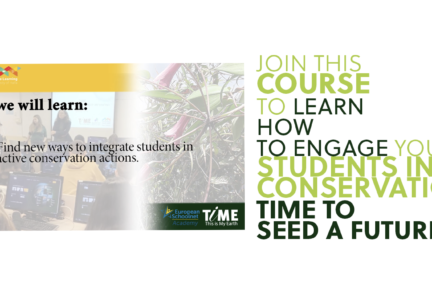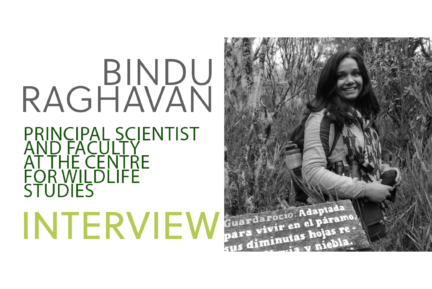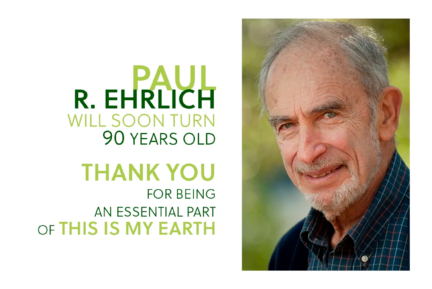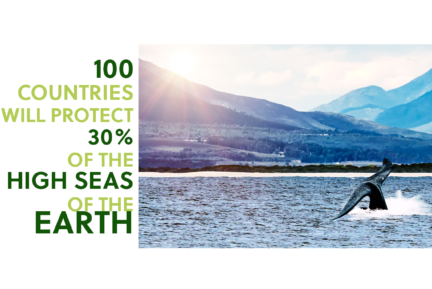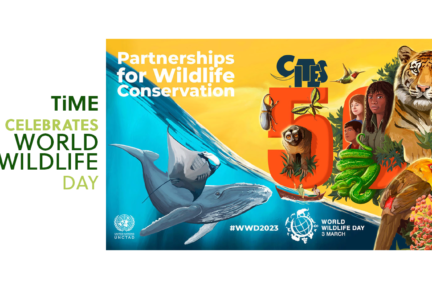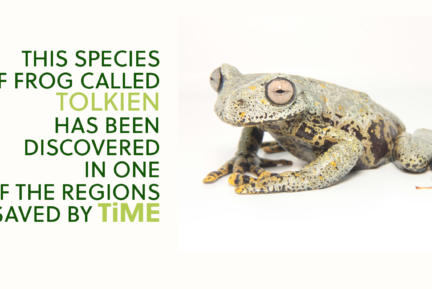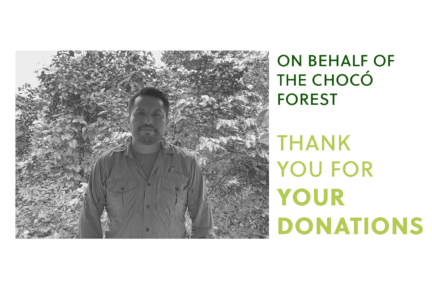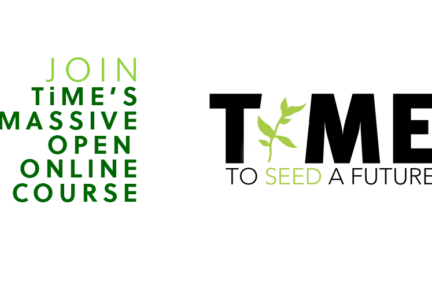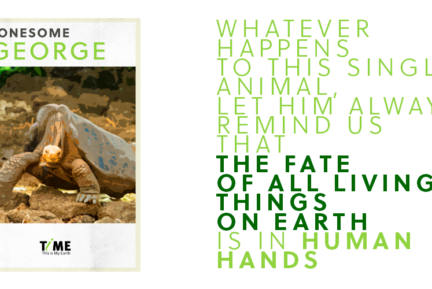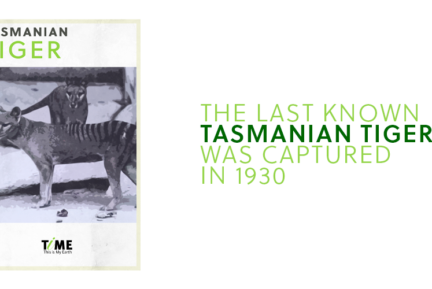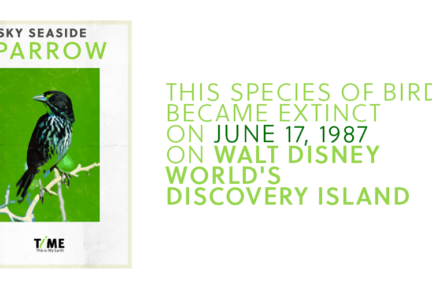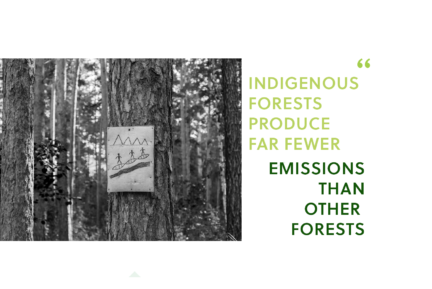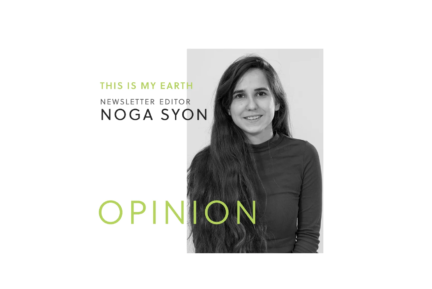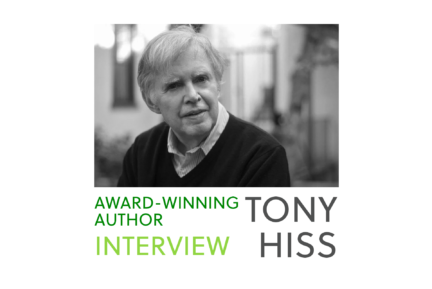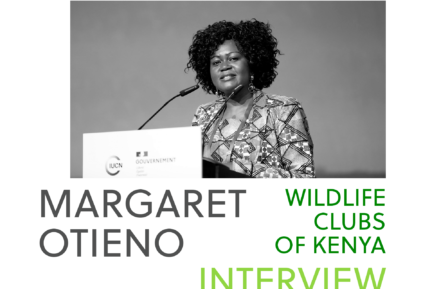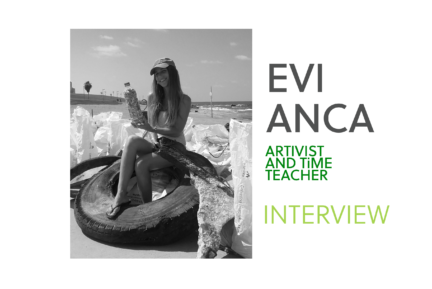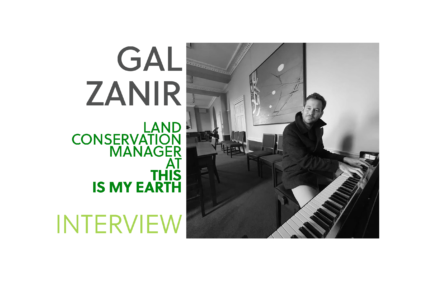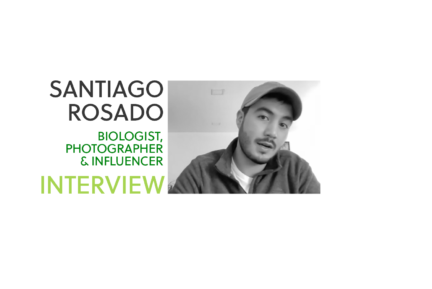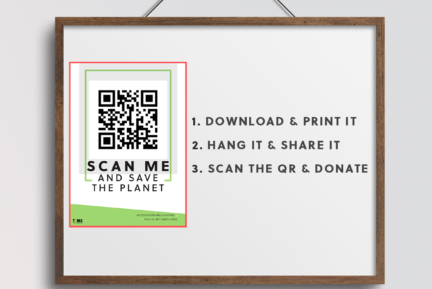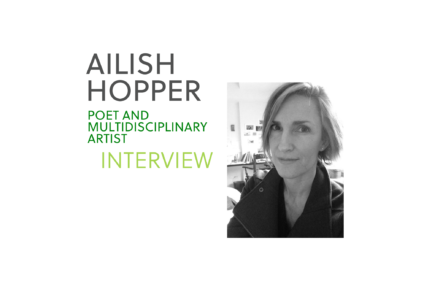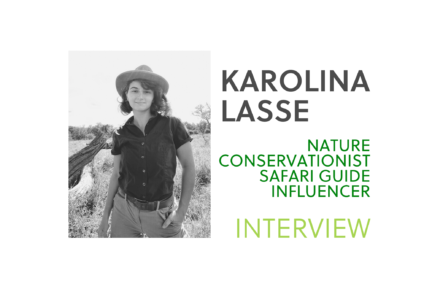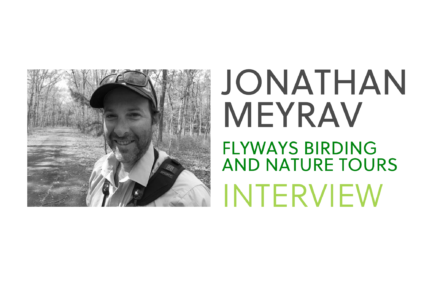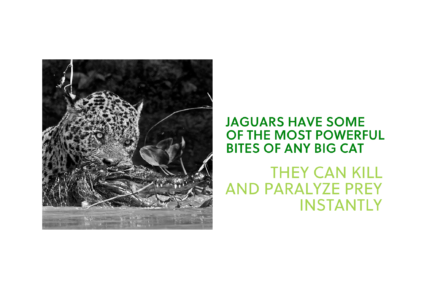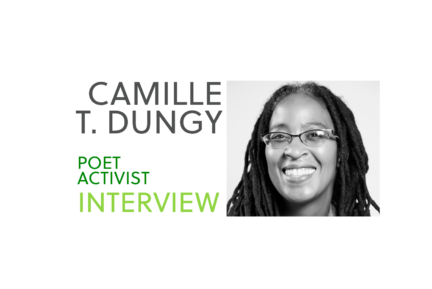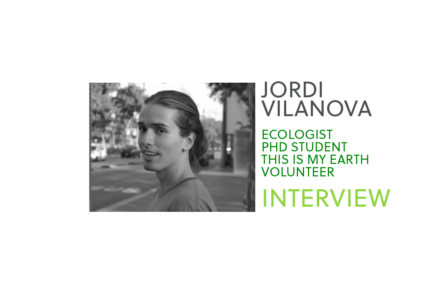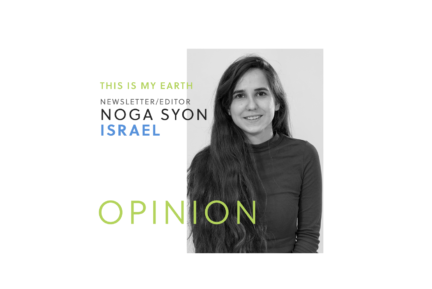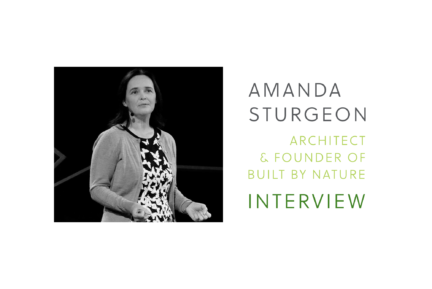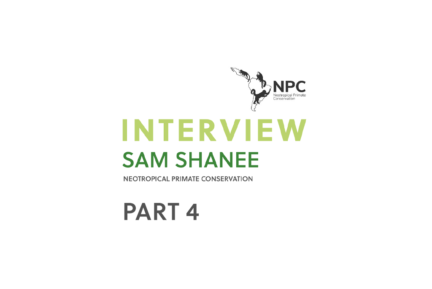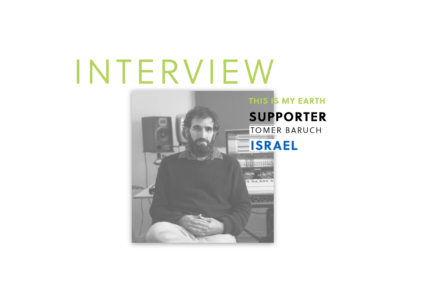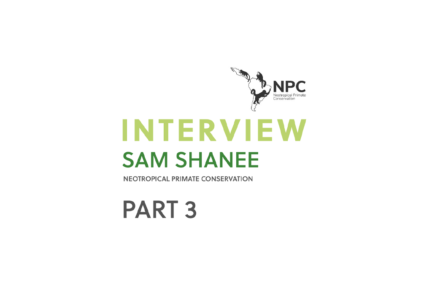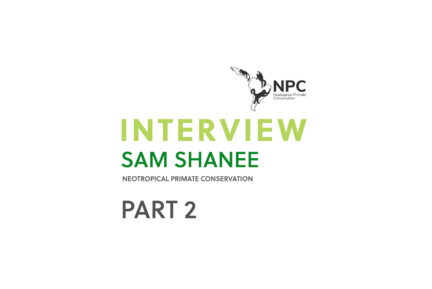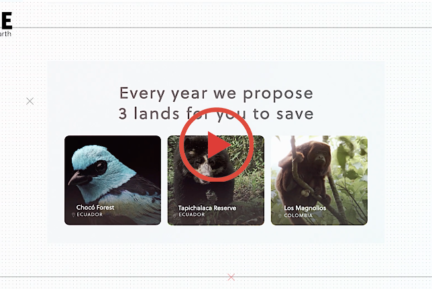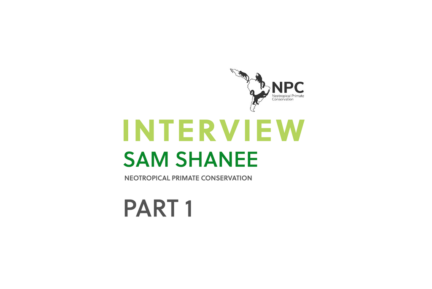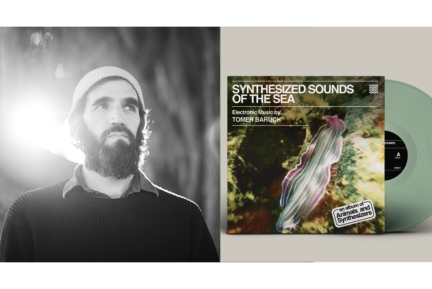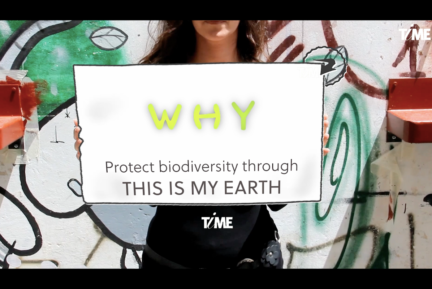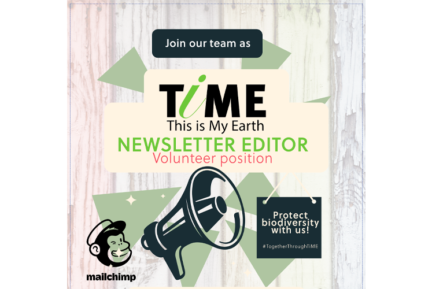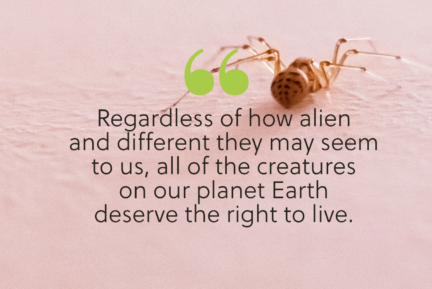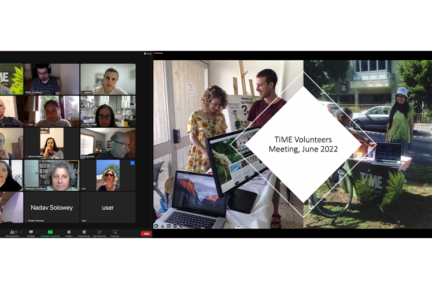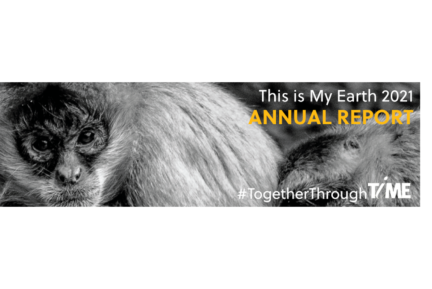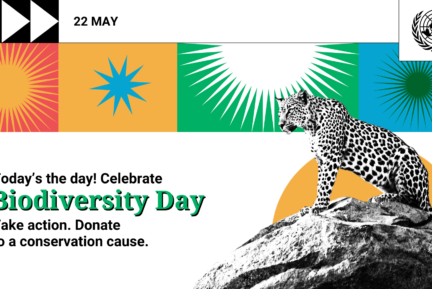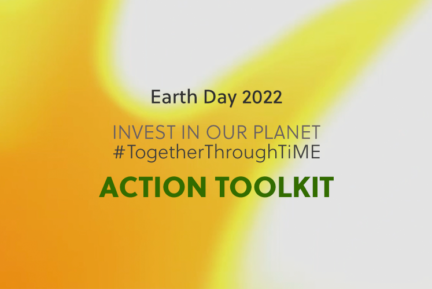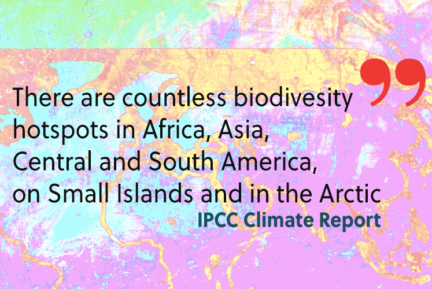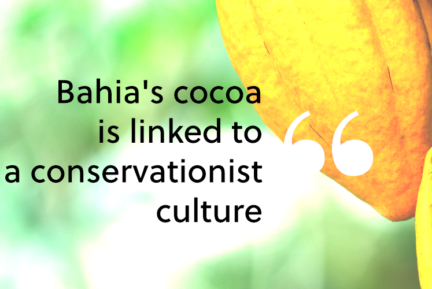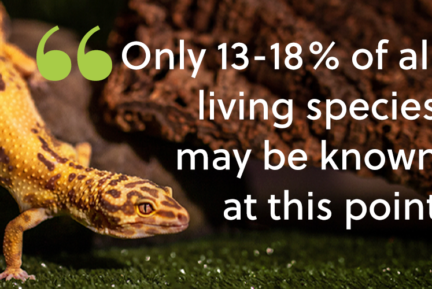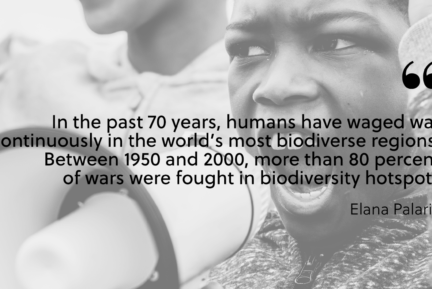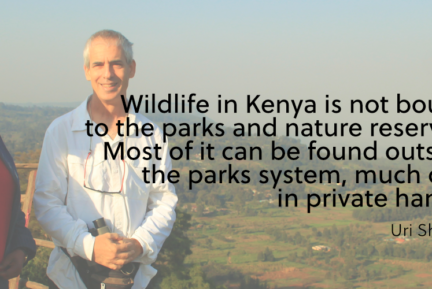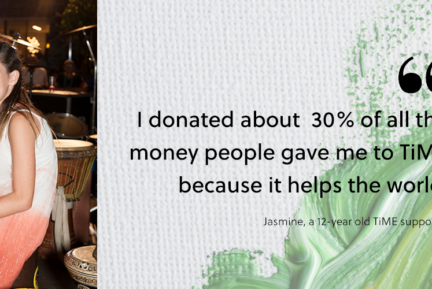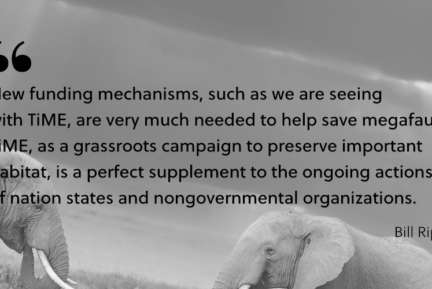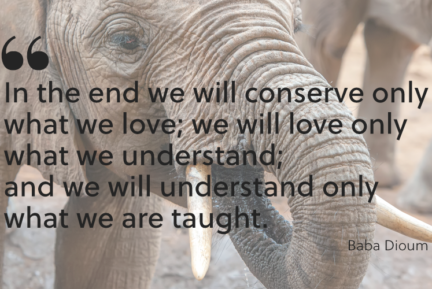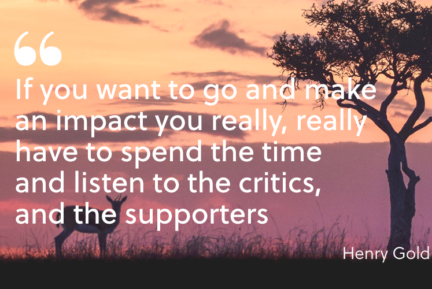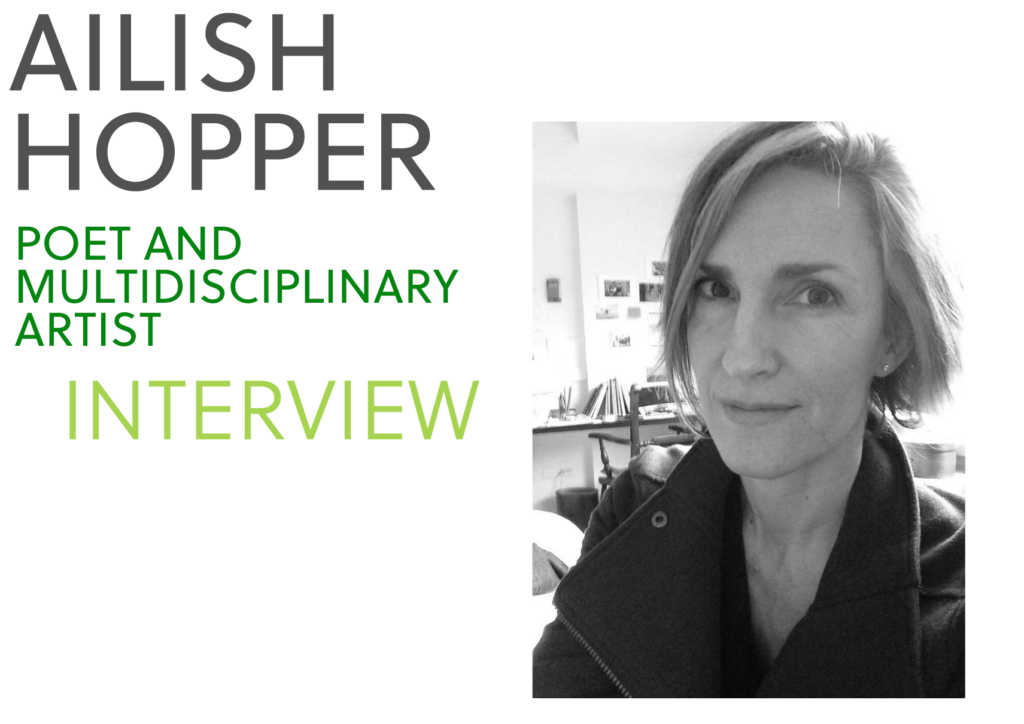
Would you say you are a committed artist? Is this what is meant by the practice you call “translucency”?
Well, especially in Western societies, it seems like many of us have lost connection with the environment, and with the pandemic, we may have lost track of even one another. “Translucency” is just a word that I, and others I work with in Baltimore, give to work we’ve done but not taken credit for, but just doing the work in our communities, with others, like, “don’t put the attention on me, let’s face each other, let’s take care of whatever is going on.” In my artwork, I hope to immerse people in that same kind of experience.
You like to “imagine futures of repair.” How do you see them?
The word “repair” is being used a lot right now in the US. I think by using the concept of “repair,” we are acknowledging that some harm has been done, and that’s the first step for change. It takes courage to do that because we all know that, in the beginning, we will get upset. When you are acknowledging that the way you are living and the vision of those things you cherish, such as yourself or your community, is putting the world at risk, that is a painful act.
It takes courage to unsettle somebody else, and it takes courage to live with not being in denial anymore about how reality really is. Repair does not mean only fixing something, or planting a tree (no offence to planting trees), but it is much deeper than that. In general terms, and using this planting-trees metaphor, if we want our reparation process to flourish, we need good soil. How are we going to cultivate change together without a strong foundation? That is why honesty and courage are so important.
How does your work at the Goucher College affect your work?
I’m very fortunate to teach young people, in Peace Studies classes about imagination, narratives, and how… we understand things, and I learn a lot from my colleagues who teach about transitional justice [and] human rights.
Conflict resolution and conflict transformation are becoming a very big part of my work and I love studying that with young people — having worked with them for 20 years, they don’t cease to amaze me. I really like spending time opening up space for thought and dialogue, in particular in a class where we imagine future cities and gardens. The first day, we start class with the question: “Where would it be impossible to have class?”
What feedback do you get from this question?
We come up with a list of impossible places to have class, and we always go through the list and come up with what we would need to make it happen, money- and technology-wise. For instance, what would we need to have class on the moon? Also, we analyze what norms stop us from not having class in certain places, or what is a proper educational environment. We immediately notice how often we get stuck, limited by predicting what will happen, instead of imagining what could. Saying “that’s not possible” is really saying “that’s not predictable.” But predictions are always based on understandings the past— and often limited understandings, speaking at least for myself.
Do you try to bring some of these ideas to the real world?
Certainly, my more business-oriented students would try it in a very different [way] than my environmentally oriented students, and that creates a very collaborative atmosphere that I love to encourage.
Why do you think imagination is so important for an environmentalist?
Because it’s intrinsic to our thinking– you can’t ask a question without your imagination— yet it’s dismissed as only important for children. I wake up in the morning and I think I know what will happen every day, but actually, I only know very little; every day could be terrible or fantastic. Being in an open space of not knowing is a great practice.
Have you been practicing the not-knowing way of living?
I’ve been a meditator for many decades, and I have also learned about Buddhism and its way of seeing life, but it is a daily work. That’s just one of the ways I’ve learned, though. To paraphrase a zen parable: all spiritual teachers (or any other influential learning we have) are just someone sitting by the river, selling water. The point isn’t them, or their “method” etc: it’s to find the river.
Probably your students are even less sure about what will happen to them while waking up every day than you…
That is true. New generations have so many new inputs and uncertainties, and therefore a very different way of connecting and engaging with life, certainly when it comes to nature conservation and [the] environment. I have great respect for them. When you really love teaching, actually what you really love is learning. My students come to class with so many projects and ideas, trying to find new ways of facing an obstacle and getting over it. Over the years I’ve learned that, most of the time, a big part of the obstacle is within themselves. So I support their work to connect with that inner self. Their imagination and power comes from there.
Do you encourage them to be hopeful?
Well, I don’t like the word “hope” as much as “longing.” We need to stay connected to our unique passion in order to move forward.
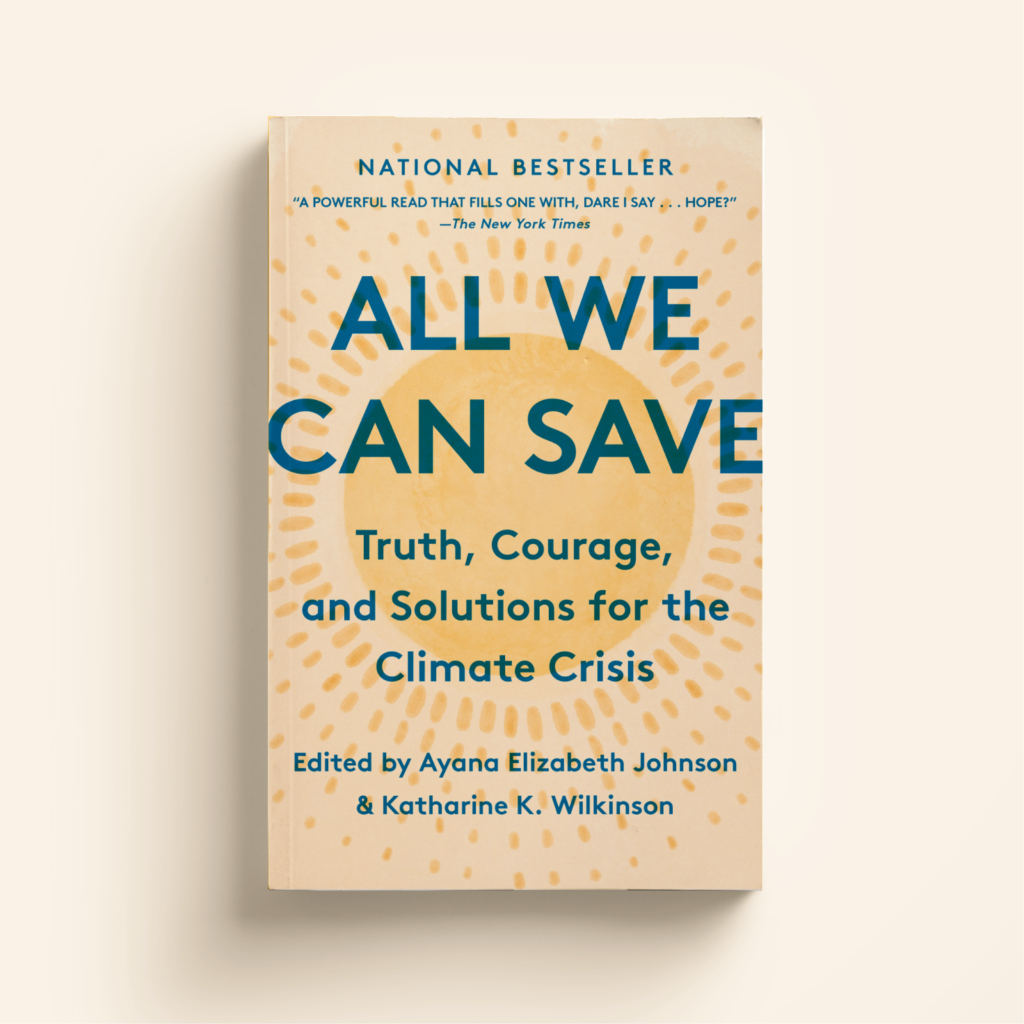
You are one of the authors in the All We Can Save book with your poem, “Did It Ever Occur to You That Maybe You’re Falling in Love?” In your poem, you talk about a “problem.” What is the “problem”?
I’m not going to explain the poem, but I cannot tell you how many times I’ve gotten asked about it. Sometimes when someone tells you “I don’t get it,” it’s just because that’s a part of all poetry: hard to reduce. Certainly, I don’t think “the problem” in the poem is only “love” itself. Climate activists might say “the problem” is climate change, social-justice activists might say it is about racism, and heartbroken people might think it’s about their past relationship.
But a poem is not an idea. It’s more like a pattern, a feeling or an intuition, and this poem in particular started with a very strong pop-culture sense—at first I wanted to name it “Problem.com” — I was thinking about how industries create problems that other industries fix, and I myself can over-focus on a problem, to the extent that it’s hard to let go, and so the circle of problems never ends.
You mean, somehow, we are in an honesty crisis created by ourselves?
Well, I’m more interested in how rewarded we are for starting a nonprofit, for example, or having the next big idea, etc., to the point that we might be supporting the big “problem” industry more than the issue we care about. Say someone gives a really great TED Talk, and then you meet this person face-to-face and she is a jerk, with no integrity and she’s making money off of other people’s problems. Or, funders or leaders become so focused on “problem-solving” that we ignore many possible ways forward, discounting viable alternatives because of notions we have about what’s predictable or “normal.”
How does that effect your relationships?
I’m writing a lot about that, which always involves a little distance, understanding the way that I too, in the way I talk about my past relationships, become a character. I’m reflecting a lot about the way we engage with others and with the environment, and how it all relates to our capacity of being committed.
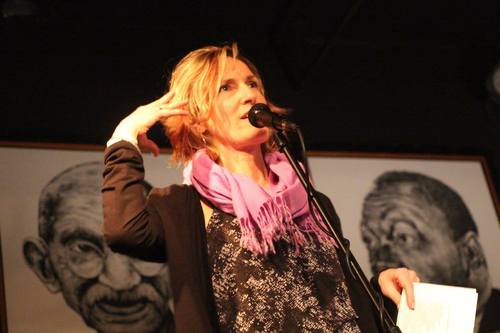
How has Buddhist practice affected your way of committing and relating to others?
I think it helps me get a little deeper and challenge myself to stay connected with the present moment— which I do maybe two percent of the day!. Also I’ve been asking myself if there’s more than the stories we tell ourselves to justify our actions and existence. In my experience, there is.
How can we orient all these powerful thoughts to nature conservation and climate change?
One way would be to change our point of view. We are talking about climate change from a human point of view and not acknowledging that. Talking about nature conservation is the same as talking about human conservation. We are all nature; it is not something out there.
Why are we not doing that?
Perhaps because we’ve built a society and an idea of what progress means. But right now, there are a number of things, like objectively measured, changes happening, which are forcing us to adapt. I think a really profound adaptation is needed. Things are already very bad for a lot of people and species on the planet.
To rephrase Professor Jem Bendell, whose work I’m not really familiar with but whose phrase I like, we need “deep adaption,” which I think of as widespread adaptations, small or large, and probably different in different people and communities. And this requires looking more deeply at ourselves and the way human systems work.
From a conflict transformation perspective, would you say we are somehow fighting against nature?
My understanding of a conflict transformation approach is that it encourages an understanding of the ways we are working, and not just specific, sometimes more symptomatic battles we are fighting in any given moment. It requires mapping out the deeper conditions that affect our conflicts, so we can overcome their consequences.
What do you do to solve the ongoing conflict between us and the climate?
I go out of my office and have interactions with other humans. I think this is one of the most helpful things I can do. Of course, recycling, being aware of my carbon footprint, etcetera, but I think taking into account how… we interact with other humans is a powerful. Immeasurably so. How can we have an environmentalist approach together, in whatever way, when we’re so fragmented and separate. Even our attention is atomized.
How do you see the current situation in the United States?
We are divided. We are in between two giant chunks who are not talking to each other. This dynamic is keeping us from having access to information, from learning and from having relationships with each other. In the US, I see the “climate people,” the ones talking about climate, and then those who understand but don’t talk, and then people who maybe don’t understand how our relationship with nature is unbalancing life on our planet.
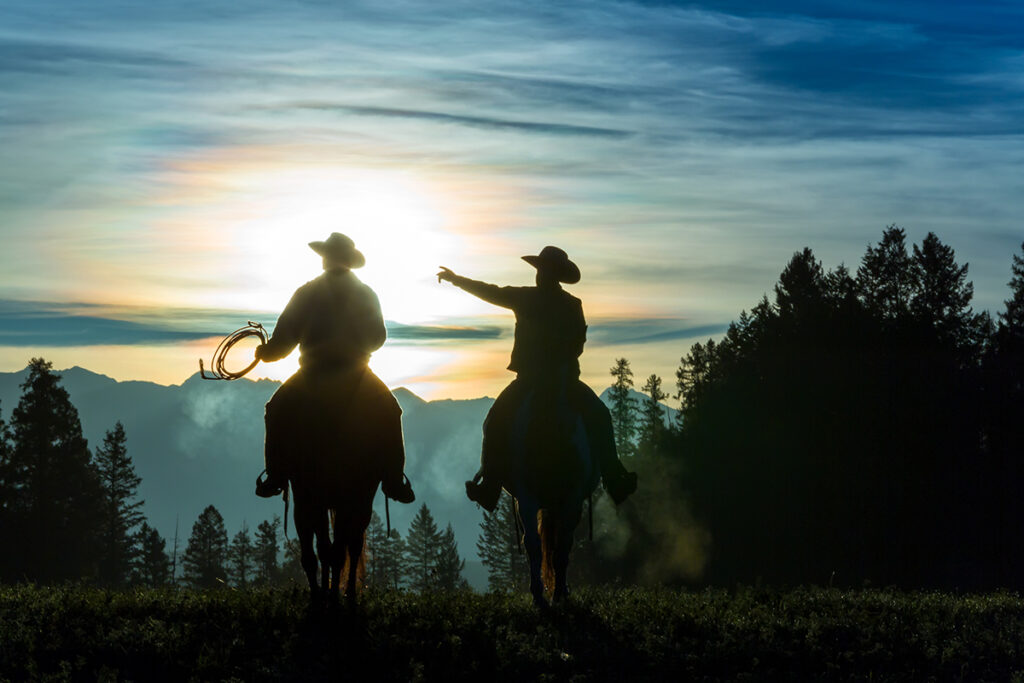
You mean the more conservative people are farther from nature?
Not at all. In fact, a supporter of the politically conservative party might have an even closer relationship to nature than me, a Northeast city-liberal, depending on how or where they live. For instance, maybe they’re someone who’s spent all their life on a farm or a ranch, or is a hunter, or fosters animals.
I’ve met many people who are alienated from environmentalist messages, not only conservatives but yes, many are, yet are incredibly close to the planet and to animals, perhaps even closer than some of the liberal supporters in the United States. Yet the powerful stories about climate change, global warming and [the] environment don’t make sense to them, for various reasons. But if there were a story that was consistent with the rest of their lives and values, I could really see us all working together.
We need to get inside their shoes…
That’s one way of putting it, yes, and there are many people trying to do that. In the United States, there are great movements and great resistances.
What do you think of our motto, “Big is small”?
Poetry is about seeing heaven in a grain of sand, to quote the English poet William Blake, so it’s all about how… we observe the world and experience it, and how active we become through our observation and experience.
So I like This is My Earth’s motto. All sorts of actions matter. My Zen teacher has taught me to “bloom where you are planted,” meaning, just start with where you are; if each of us were taking care of where we are, a lot of things would get better. Not perfect! But better. I would like to see humility and honesty valued, leaders and politicians saying sorry when they make a mistake, learning in public, and the rest of us supporting the folks who do that.
What would you tell someone to stop empowering “the problem”?
I would say, you can stop. You have a choice; we each do.
